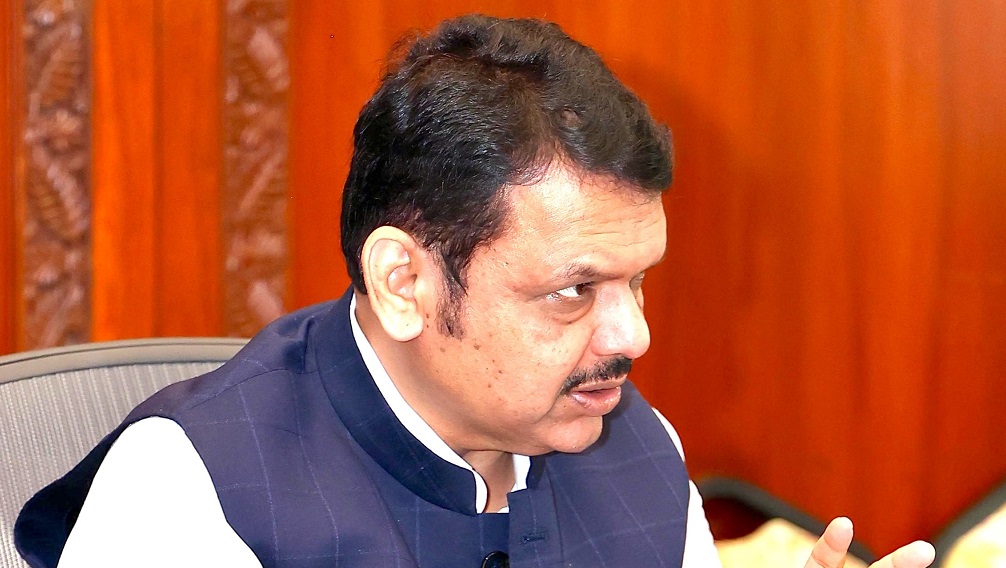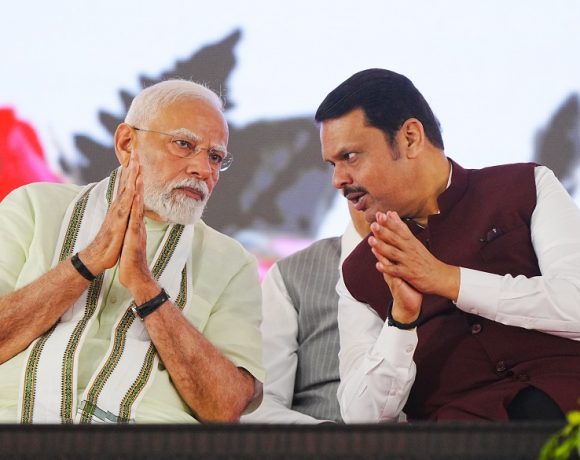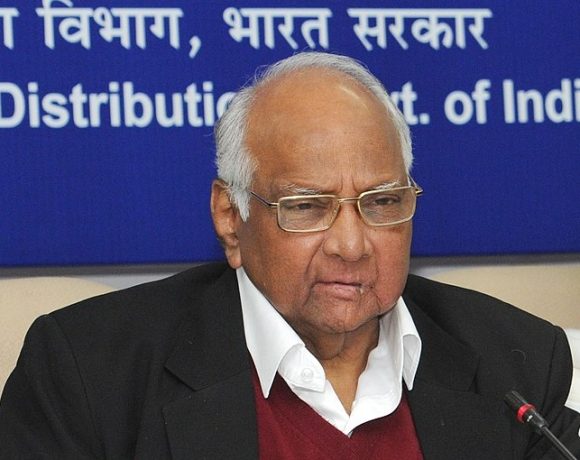
Maharashtra Withdraws Hindi Mandate Amid Policy Uproar
Facing mounting political and public backlash, the Maharashtra government has withdrawn two controversial resolutions that sought to make Hindi a compulsory third language from Class I. The decision, confirmed by Chief Minister Devendra Fadnavis, came after widespread opposition from regional political parties and civil society, who labeled the move as an attempt at “Hindi imposition” at the expense of Marathi.
The resolutions, dated April 16 and June 17, had sparked outrage across the state, particularly in urban centres like Pune and Mumbai, where activists staged protests and publicly burned copies of the directives.
Expert Panel to Redesign Language Framework
In a move to calm tensions and reset the debate, the state has appointed a three-member expert committee led by noted educationist Dr. Narendra Jadhav. The panel will have three months to study and recommend a revised language policy that respects regional linguistic identity while maintaining educational flexibility. Among the key issues under review are the appropriate grade for introducing a third language, implementation modalities, and ensuring genuine parental choice.
Political Fallout and Protest Pressure
The decision to scrap the resolutions came in the wake of strong objections from the Shiv Sena (UBT), NCP (Sharad Pawar faction), and MNS. Leaders like Uddhav Thackeray and Raj Thackeray had announced a joint protest march on July 5, which was later called off after the government’s retreat. Deputy Chief Minister Ajit Pawar also weighed in, saying Hindi should not be introduced before Class V and reiterating Marathi’s status as the foundational language in Maharashtra’s education system.
The fallout also highlighted cracks within the ruling alliance, with partners expressing concern over hasty policy decisions that could alienate core regional constituencies.
Marathi Restored as Cornerstone of Language Policy
Chief Minister Fadnavis reassured that Marathi would remain the primary language taught from Class I, and any third language—be it Hindi or another Indian language—would be offered purely on an optional basis, based on parental and student choice. He also referenced prior recommendations from the Mashelkar Committee, which supported a three-language structure but never mandated Hindi from the outset.


















